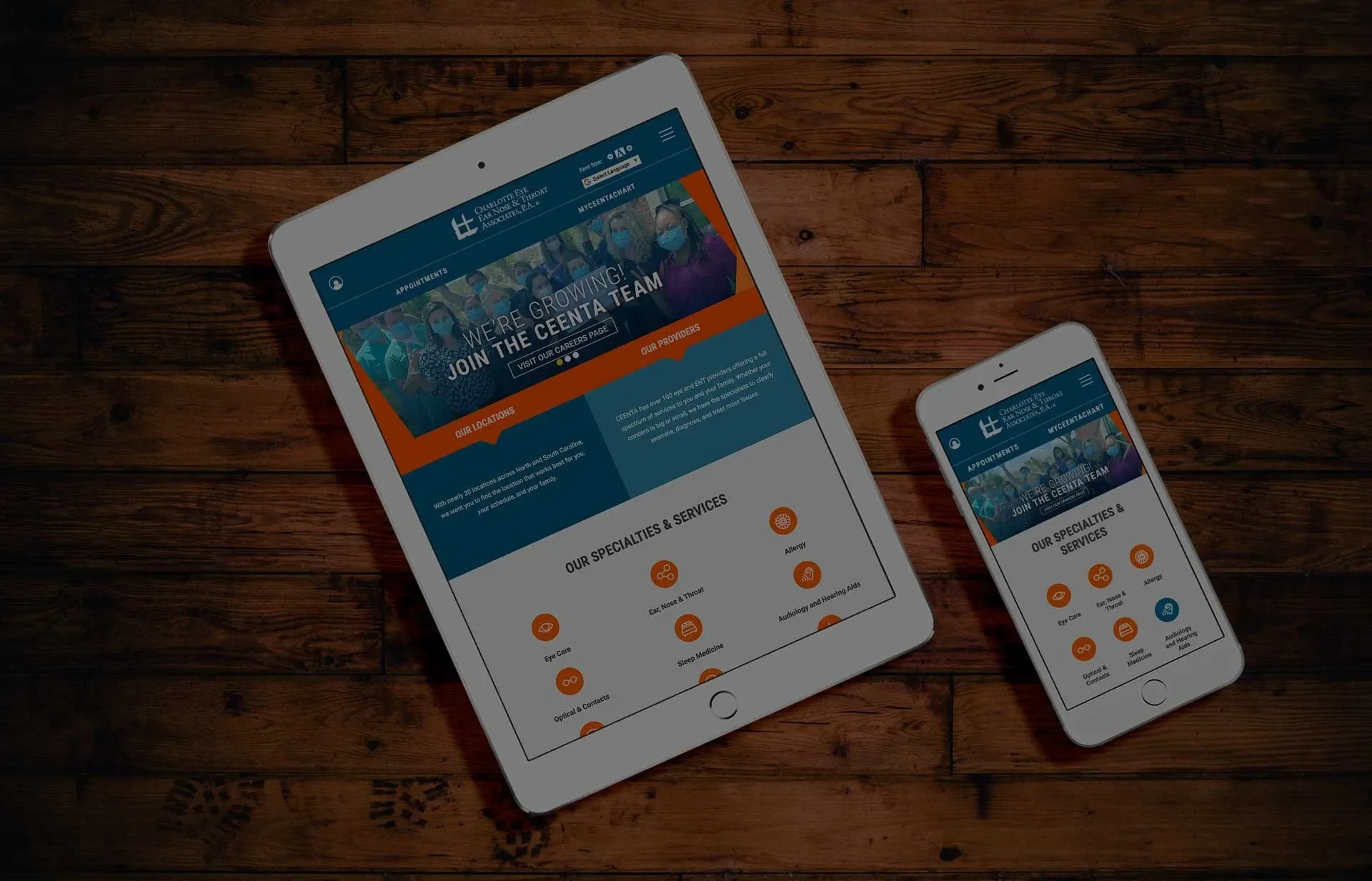In the ever-evolving landscape of digital data, healthcare providers are increasingly relying on web analytics to understand user behavior. Google Analytics offers powerful insights. However, when it comes to handling sensitive healthcare information, it falls short of compliance with the Health Insurance Portability and Accountability Act (HIPAA). This article delves into the reasons why Google Analytics is not HIPAA compliant.
Understanding HIPAA Compliance
HIPAA and Its Importance
HIPAA, enacted in 1996, sets the standard for protecting sensitive patient data. It mandates the secure handling of protected health information (PHI) to ensure patient privacy and data security.
The Relevance of HIPAA in Web Analytics
With the increasing digitization of healthcare processes, even web analytics tools need to comply with HIPAA to safeguard patient information collected online.
Google Analytics Limitations in Achieving HIPAA Compliance
Lack of Data Encryption
HIPAA requires the encryption of sensitive patient data during transmission. Google Analytics, by default, does not provide end-to-end encryption for the data it processes, leaving room for potential security vulnerabilities.
Inadequate Access Controls
HIPAA mandates strict access controls to ensure that only authorized personnel can access PHI. Google Analytics, designed for general web analytics, lacks the granular access controls required for handling healthcare data securely.
Data Storage and Retention Challenges
HIPAA specifies guidelines for data storage and retention to prevent unauthorized access and ensure data integrity. Google Analytics' data storage practices may not align with these stringent requirements, posing challenges for compliance.
Limited Audit Trails
HIPAA compliance demands robust audit trails to track access to patient data. Google Analytics provides limited visibility into user activities, making it challenging for healthcare providers to meet HIPAA's stringent auditing standards.
Third-Party Involvement
Google Analytics involves third-party servers and data processing, introducing an additional layer of complexity. HIPAA compliance necessitates a clear understanding and control over data processing, which may be compromised when relying on external entities.
The Importance of HIPAA Compliance in Healthcare Analytics
Protecting Patient Trust
HIPAA compliance is not just a legal requirement; it's crucial for maintaining patient trust. Healthcare providers must ensure that patient data, even in the realm of web analytics, is handled with the utmost care.
Avoiding Legal Consequences
Failure to comply with HIPAA can result in severe legal consequences, including hefty fines and reputational damage. Choosing a HIPAA-compliant analytics solution is a proactive step to mitigate such risks.
Exploring HIPAA-Compliant Alternatives
Piwik/Matomo: A Self-Hosted Solution
For healthcare providers seeking HIPAA compliance, self-hosted solutions like Piwik, now known as Matomo, offer the control needed to meet regulatory standards.
Adobe Analytics: Tailored for Enterprise Healthcare
Adobe Analytics provides robust features with an enterprise focus, making it a viable option for large healthcare organizations aiming for HIPAA compliance.
Mixpanel: Balancing Insights with Privacy
Mixpanel's emphasis on event tracking and user insights, combined with its commitment to privacy, positions it as a potential choice for healthcare analytics adhering to HIPAA.
Conclusion
While Google Analytics excels in general web analytics, it falls short in meeting the stringent requirements of HIPAA compliance. Healthcare providers must prioritize solutions that ensure end-to-end encryption, robust access controls, and adherence to data storage guidelines. Exploring alternatives like self-hosted solutions, enterprise-focused analytics tools, and privacy-centric platforms is crucial for safeguarding patient information in the digital age.
« Back to Blog
- How Healthcare Practices Can Improve Visibility in AI Tools Like ChatGPT, Copilot & Perplexity
- Rebuilding from the Ground Up: A Modern, SEO-Driven Website for Third Coast Oral & Maxillofacial Surgery
- Modernizing TOA.com: A Decades-Long Digital Partnership in Orthopedic Website Innovation
- The Future of Healthcare Marketing: AI, AEO, and a Compliance-First Strategy
- How to Use Schema Markup on Your Healthcare Website for Better SEO
One Partner - Every Digital Solution Your Practice Needs.
EHS is more than a vendor — we’re your long-term partner in building a stronger, smarter, and more compliant digital presence.

© 2025. All rights reserved. E-dreamz, Inc.

